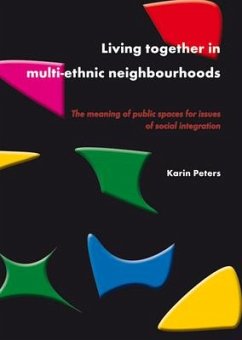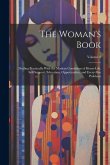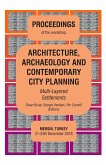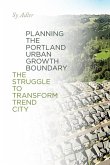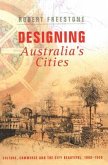In Western societies, such as the Netherlands, people with different ethnic backgrounds live together in urban areas. This book examines daily life in multi-ethnic neighbourhoods and the meaning of public spaces for social integration. Through observations and interviews in two Dutch cities (Nijmegen and Utrecht) insight is gained into the use and perception of public spaces. Positive experiences in public spaces contribute to feeling at home in a multi-ethnic neighbourhood. Not only intense and lasting contacts, but also fleeting interactions contribute to feeling at home. Experience with diversity contributes to a realistic view of multiculturalism, a view that is based on everyday experiences, with all its positive and negative implications. This, however, does not mean that residents do not use stereotypes or categorizations. However, there is a major difference between the public discourse - which focuses on differences and problems - and everyday encounters, which are perceived as a way to experience and enjoy diversity. Recommendations are that politicians should look at the everyday realities in multi-ethnic neighbourhoods when discussing issues related to multi-ethnic societies. Repeatedly stressing the dichotomy between native and non-native Dutch citizens and focusing on problems, has a negative effect on the everyday lives of people because it produces and reproduces stereotyped images. Integration is not only about non-native Dutch residents adapting themselves to Dutch society: it is also about the extent to which people from various backgrounds live together and feel at home in their neighbourhood.
Hinweis: Dieser Artikel kann nur an eine deutsche Lieferadresse ausgeliefert werden.
Hinweis: Dieser Artikel kann nur an eine deutsche Lieferadresse ausgeliefert werden.

